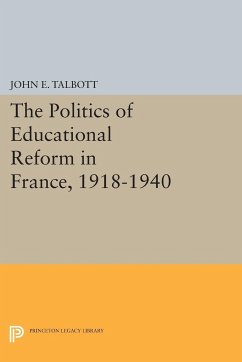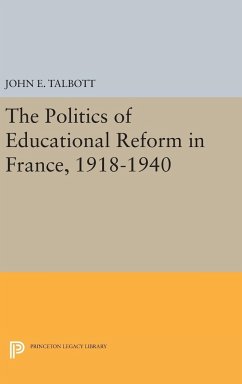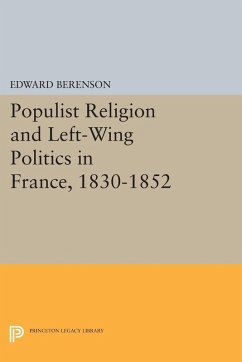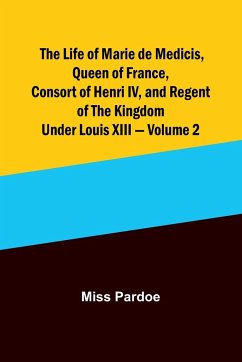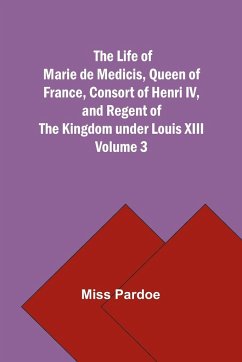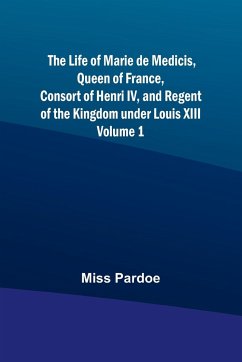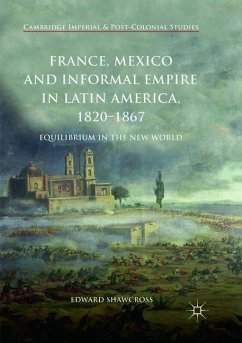
Atheism in France, 1650-1729, Volume I
The Orthodox Sources of Disbelief
Versandkostenfrei!
Versandfertig in 1-2 Wochen
115,99 €
inkl. MwSt.
Weitere Ausgaben:

PAYBACK Punkte
58 °P sammeln!
Although most historians have sought the roots of atheism in the history of "free thought," Alan Charles Kors contends that attacks on the existence of God were generated above all by the vitality and controversies of orthodox theistic culture itself. In this first volume of a planned two-volume inquiry into the sources and nature of atheism, he shows that orthodox teachers and apologists in seventeenth-century France were obliged by the logic of their philosophical and pedagogical systems to create many models of speculative atheism for heuristic purposes. Unusual in its broad sampling of the...
Although most historians have sought the roots of atheism in the history of "free thought," Alan Charles Kors contends that attacks on the existence of God were generated above all by the vitality and controversies of orthodox theistic culture itself. In this first volume of a planned two-volume inquiry into the sources and nature of atheism, he shows that orthodox teachers and apologists in seventeenth-century France were obliged by the logic of their philosophical and pedagogical systems to create many models of speculative atheism for heuristic purposes. Unusual in its broad sampling of the religious literature of the early-modern learned world, this book reveals that the "great fratricide" among bitterly competing schools of Aristotelian, Cartesian, and Malebranchist Christian thought encouraged theologians to refute each other's proofs of God and to depict the ideas of their theological opponents as atheistic. Such "fratricide" was not new in the history of Christendom, but Kors demonstrates that its influence was dramatically amplified by the expanding literacy of the seventeenth century. Capturing the attention of the reading public, theological debate provided intellectual grounds for the disbelief of the first generation of atheistic thinkers. Originally published in 1990. The Princeton Legacy Library uses the latest print-on-demand technology to again make available previously out-of-print books from the distinguished backlist of Princeton University Press. These editions preserve the original texts of these important books while presenting them in durable paperback and hardcover editions. The goal of the Princeton Legacy Library is to vastly increase access to the rich scholarly heritage found in the thousands of books published by Princeton University Press since its founding in 1905.





